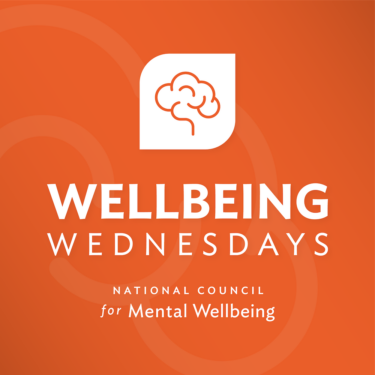Creating a Trauma-informed Recovery-oriented System of Care, Part 1
Research shows that people who have experienced multiple adverse childhood experiences (ACEs) are at greater risk for mental health and substance use challenges. Conversely, many people with substance use challenges are at greater risk for traumatic events. Despite the link between trauma and substance use, trauma-informed care is often not fully integrated into substance use prevention and treatment efforts, particularly as it relates to opioid and stimulant use.
A trauma-informed recovery-oriented system of care (TI-ROSC) helps communities better support people with substance use challenges and foster sustained recovery. This two-part webinar series, hosted by the National Council for Mental Wellbeing and the American Academy of Addiction Psychiatry’s Opioid Response Network (ORN), supports communities as they create and implement a TI-ROSC that strengthens their substance use prevention, treatment and recovery efforts.
Through these webinars and two implementation coaching calls, participants will:
- Better understand the relationship between trauma and substance use.
- Learn how to create and maintain community partnerships to address trauma and substance use and foster recovery.
- Discover a community needs assessment tool so they can use a data-informed process to assess the community’s strengths and needs.
More information about the implementation coaching calls will be provided following Part 1. A certificate of completion will be provided upon attending both webinars in the series.
Register for the full series:
- Register for Part 1 of the series, Wednesday, Aug. 20, from 2-3 p.m. ET.
- Register for Part 2 of the series, Monday, Aug. 25, from 1-2 p.m. ET.
Funding for this initiative was made possible, in part, by Grant No. 1H79TI088037 from the Substance Abuse and Mental Health Services Administration. The views expressed in written conference materials or publications and by speakers and moderators do not necessarily reflect the official policies of the U.S. Department of Health and Human Services; nor does mention of trade names, commercial practices or organizations imply endorsement by the U.S. government.
The views, opinions and content expressed in this presentation do not necessarily reflect the views, opinions or policies of the Center for Mental Health Services, the Substance Abuse and Mental Health Services Administration or the U.S. Department of Health and Human Services.


